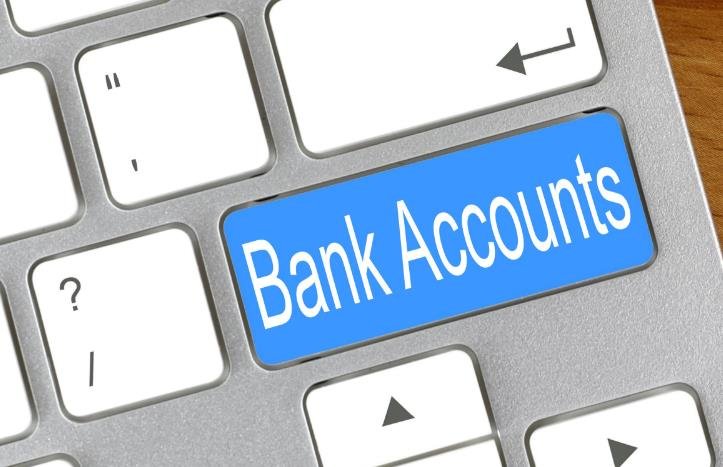The Central Bank of Nigeria has directed banks to place restrictions on all Tier 1 bank accounts without NIN or BVN from April 2024, causing panic among customers.
The Central Bank of Nigeria (CBN) issued a circular on December 1, 2023, stating that all Tier 1 bank accounts and wallets for individuals must have Bank Verification Number (BVN) and/or National Identification Number (NIN). Tier 1 accounts are accounts that can be opened with a valid identity or proof of address. The maximum daily transaction limit for a Tier 1 account is N50,000 while the maximum account balance is N300,000.
The CBN said the directive was part of its effort to promote financial system stability and strengthen the Know Your Customer (KYC) procedures in financial institutions under its purview. The CBN also said that the process for account opening shall commence by electronically retrieving BVN or NIN related information from the Nigeria Inter-Bank Settlement System (NIBSS) or the National Identity Management Commission (NIMC) databases, and that no new Tier 1 accounts or wallets should be opened without BVN or NIN.

The circular further stated that for all existing Tier 1 accounts or wallets without BVN or NIN, any unfunded account or wallet shall be placed on “Post No Debit or Credit” status until the new process is satisfied, and that effective April 1, 2024, all funded accounts or wallets shall be placed on “Post No Debit or Credit” status and no further transactions permitted. The circular also required the electronic revalidation of BVN or NIN attached to and/or associated with all accounts or wallets by January 31, 2024.
Customers’ reactions to the deadline
The CBN’s directive caused confusion and anxiety among bank customers, especially those who have not linked their NIN or BVN to their accounts. Many customers rushed to their banks as early as 8 a.m. on March 1, 2024, the last day of the deadline, to comply with the directive and avoid restrictions on their accounts. Some customers complained of network failure, long queues, and inadequate facilities at the banks and NIMC offices.
Some customers also expressed their frustration and dissatisfaction with the directive, saying that it was unfair and inconvenient to impose such a short deadline on them. They also raised concerns about the security and privacy implications of linking their NIN or BVN to their accounts, and the possibility of identity theft and fraud. Some customers called for an extension of the deadline, saying that they needed more time to obtain their NIN or BVN and link them to their accounts.
Banks’ responses to the directive
The banks, on the other hand, said they were complying with the CBN’s directive and doing their best to assist their customers in linking their NIN or BVN to their accounts. They said they had sent out messages and reminders to their customers concerning the directive, and provided various channels and platforms for them to link their NIN or BVN to their accounts, such as online portals, mobile apps, USSD codes, and customer service lines.
The banks also said they had deployed more staff and resources to handle the influx of customers at their branches, and liaised with the NIMC to facilitate the issuance of NIN to their customers. They also assured their customers that their data and information were safe and secure, and that they had put in place measures to prevent and detect any fraudulent activities on their accounts.
The banks, however, said they had no power to extend the deadline, as it was a regulatory directive from the CBN. They urged their customers to comply with the directive as soon as possible, and avoid any penalties or inconveniences that may arise from the restrictions on their accounts.








